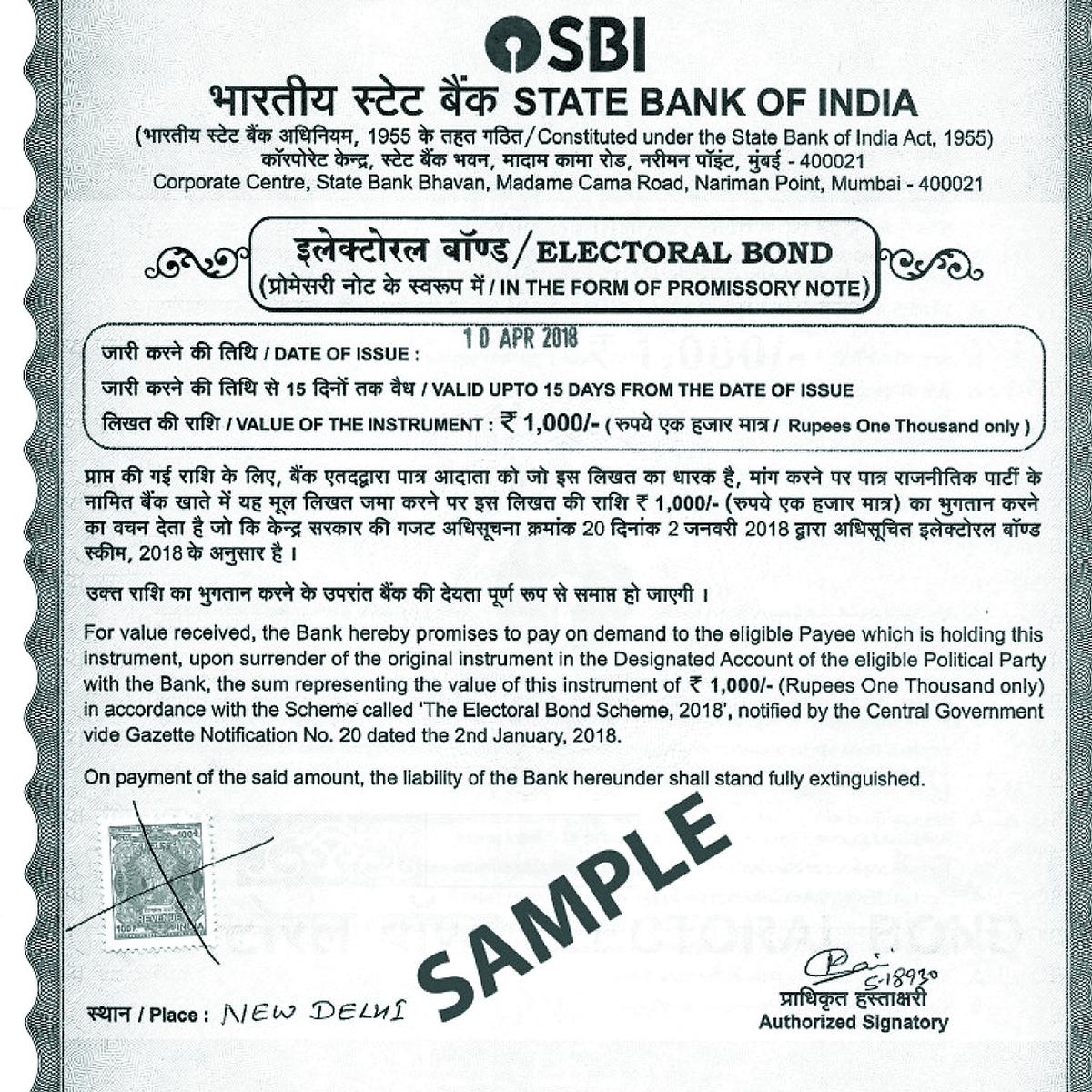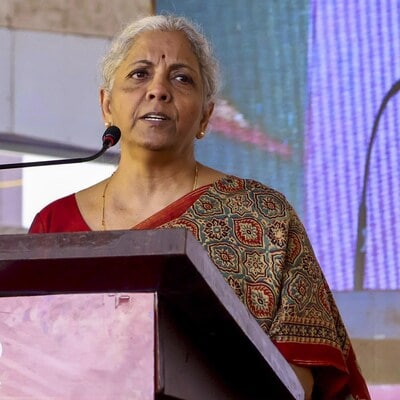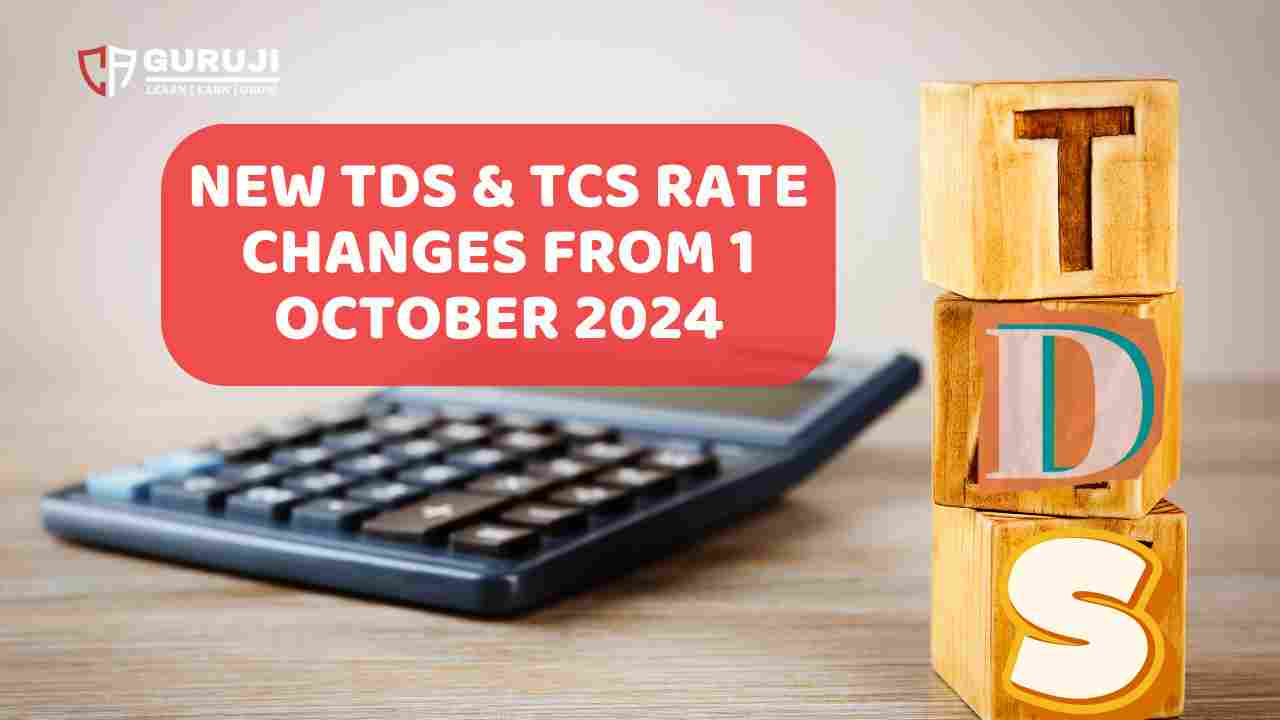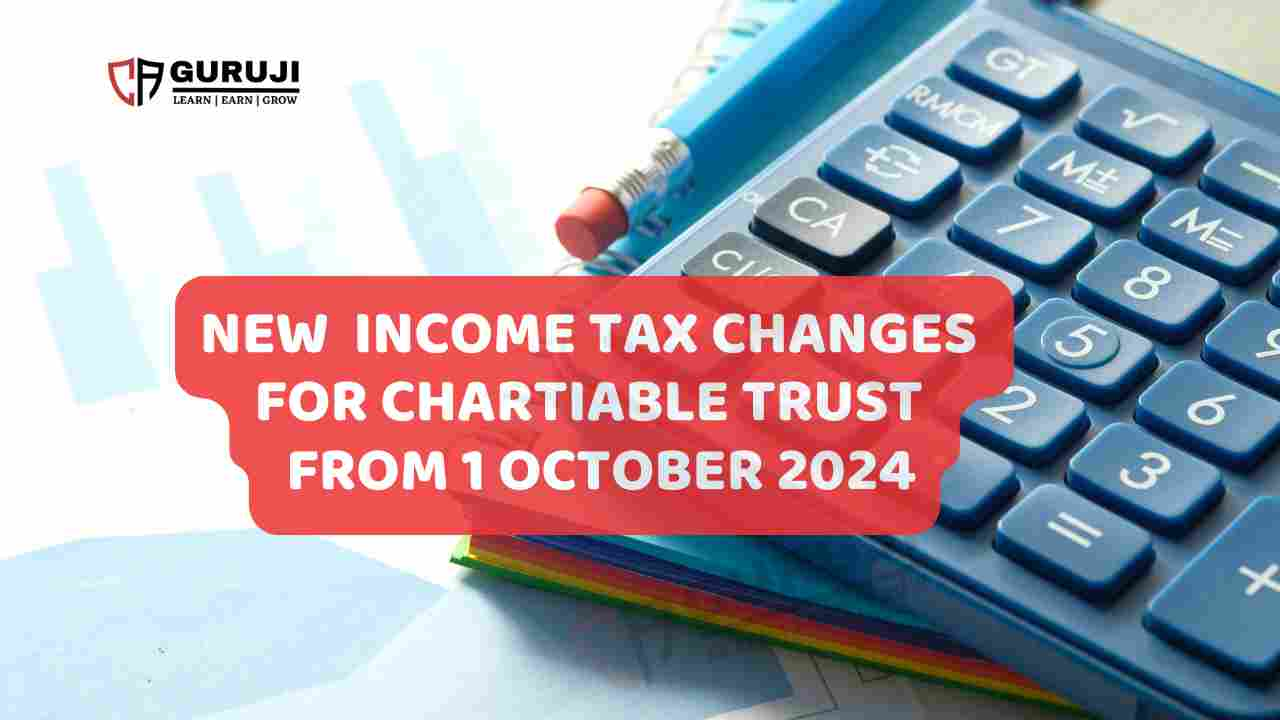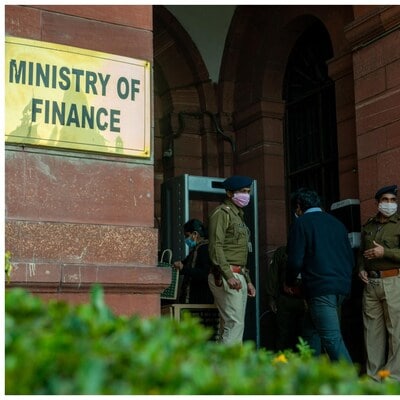Introduction
In 2017, the Indian government introduced the Electoral Bond scheme as a mode of funding for political parties, aiming to streamline the process of political financing. However, the scheme soon became embroiled in controversy and faced constitutional challenges, ultimately being declared unconstitutional by the Supreme Court on 15 February 2024.
Background
- The Electoral Bond scheme was included in the Finance Bill, 2017, during the Union Budget 2017-18.
- It allowed individuals and corporations to purchase bonds and donate them to political parties anonymously.
Supreme Court Verdict
- The scheme was struck down by a five-judge bench led by the Chief Justice, citing violations of the Right to Information (RTI) Act.
- The ruling left-wing party in Kerala was among the petitioners urging the Supreme Court to declare electoral bonds illegal.
Criticism of the Scheme
- The anonymity of donors raised concerns about transparency and accountability in political funding.
- Critics argued that electoral bonds facilitated illicit financial activities and exploitation of the system.
- The classification of the scheme as a Money Bill bypassed certain parliamentary scrutiny processes, violating Article 110 of the Indian Constitution.
Implementation of Electoral Bonds
- The scheme was officially notified by the Department of Economic Affairs in the Ministry of Finance on 2 January 2018.
- Over the years, a significant number of electoral bonds, amounting to crores of rupees, were transacted, highlighting its significance in political funding.
Impact on Political Regulations
- Electoral bonds effectively abolished the monetary contribution limit for corporations.
- Disclosure requirements for political donations were reduced, raising questions about accountability and transparency.
Concerns and Debates
- Concerns were raised about the scheme’s influence on electoral outcomes and the democratic process.
- The surge in sales of electoral bonds prior to elections fueled debates about their impact on political funding and accountability.
Reactions and Responses
- Finance Minister Mr. Jaitley proposed amendments to the Reserve Bank of India (RBI) Act to facilitate the issuance of electoral bonds.
- Opposition parties, including the Congress, criticized the scheme and vowed to eliminate it if elected to power.
Supreme Court’s Decision
- The Supreme Court’s verdict marked a significant development in the debate surrounding political funding in India.
- The decision highlighted the need for transparency, accountability, and fairness in the electoral process.
Public Interest Litigation
The electoral bonds scheme has faced legal challenges through a Public Interest Litigation (PIL) in the Supreme Court of India on two primary grounds:
- Lack of Transparency: Critics argue that the scheme has led to a complete lack of transparency in political funding, preventing the Election Commission and citizens from accessing crucial information regarding political contributions and parties’ significant sources of income.
- Constitutional Violation: The passage of the scheme as a Money Bill, circumventing the upper house of Parliament (Rajya Sabha), is deemed unconstitutional. This action infringes upon the doctrine of separation of powers and the citizens’ fundamental right to information, integral components of the Constitution.
The PIL was initiated in October 2017, with the Ministry of Finance submitting its response in January 2018 and the Law Ministry responding in March 2018. The case is currently pending and awaiting a hearing.
The Supreme Court is considering a collection of petitions submitted by the non-governmental organization ‘Association for Democratic Reforms’ and the Communist Party of India (Marxist). These petitions contest the legality of modifications made to various acts through the Finance Acts of 2016 and 2017, enabling the utilization of electoral bonds.
Government’s Defense
In response to the PIL and petitions, the government has defended its decision to introduce electoral bonds, asserting that the primary objective was to ensure increased accountability and promote electoral reforms. The government argued that the scheme would combat the escalating threat of “black money” and facilitate the nation’s transition towards a cashless and digital economy. It highlighted measures such as restricted time-frames and brief maturity periods for electoral bonds to reduce the likelihood of misuse.
The government also emphasized that the introduction of electoral bonds would encourage donors to opt for the banking channel for contributions, ensuring transparency and accountability by capturing donors’ personal information.
Criticism and Controversies
- Critics argue that the anonymity of electoral bonds grants corporations excessive influence and obfuscates connections between politicians and business entities.
- Concerns have been raised about the potential misuse of electoral bonds, including the possibility of shell companies facilitating contributions.
- Allegations of misappropriation of funds related to electoral bonds have surfaced, further fueling controversies surrounding the scheme.
- The lack of transparency regarding the origins of political contributions and the potential for manipulation of the electoral process have raised significant concerns among activists and election officials.
Conclusion
The debate surrounding electoral bonds reflects broader issues related to political funding, transparency, and accountability in India. The Supreme Court’s decision and ongoing legal proceedings underscore the complexities and challenges in regulating political financing effectively. As discussions continue, the focus remains on enhancing transparency, accountability, and fairness in the electoral process to strengthen democracy in India.

Visit www.cagurujiclasses.com for practical courses
